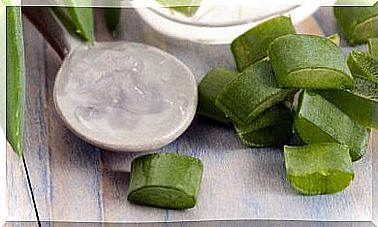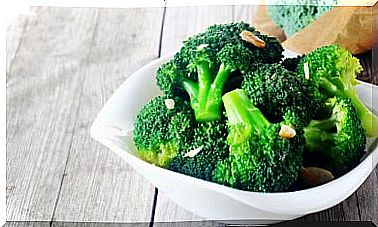What Is The Healthiest Oil For Cooking?
Olive oil is considered the “liquid gold of the Mediterranean”. Find out more below.
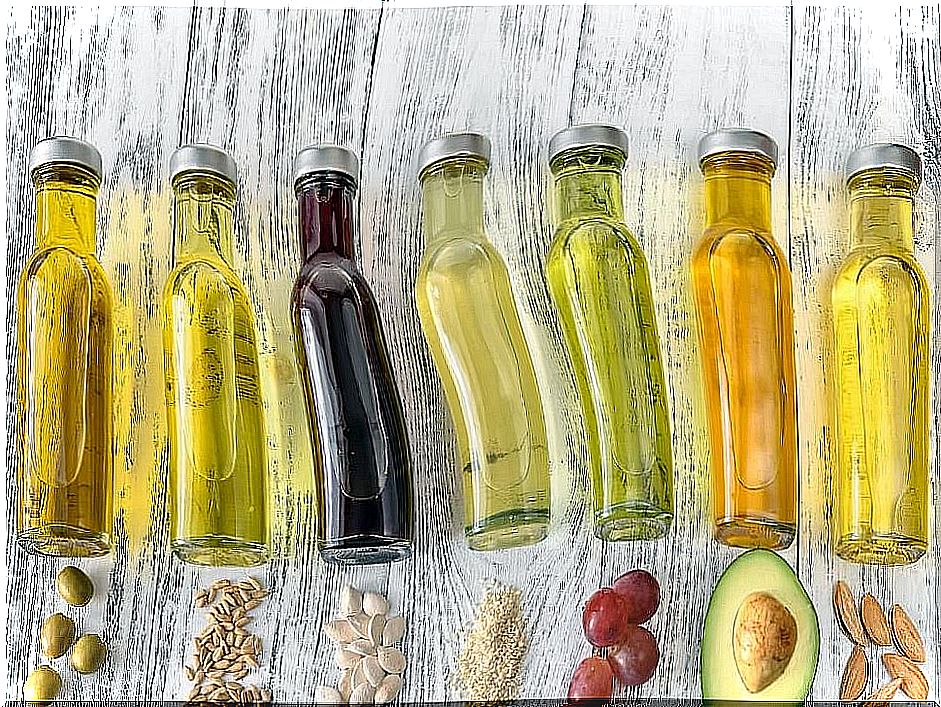
Oil is one of the most used products in all kitchens in the world. Therefore, when we go to buy one on the market we always ask ourselves what will be the healthiest oil.
We can verify that almost all of them are of plant origin. But, the fact that they are derived from certain vegetables does not mean that they are free of harmful compounds for health. Just as there are some that can provide great benefits to the body, there are also others that due to their chemical composition can be harmful when consumed in excess.
On the other hand, when using them in the kitchen it must be taken into account that not all oils withstand the same temperatures. It is important to be careful when frying with some oils , since when they are subjected to high temperatures they modify their chemical composition and can be harmful to health.
How to identify the healthiest oil?
When going to the market it is very easy to get confused when buying oil, since there are usually many presentations and different brands. In addition, we want to acquire the healthiest oil.
When it comes to preparing foods with oil, it is essential that all consumers know that the best are those that are largely made up of monounsaturated fatty acids.
Contrary to what many think, fat is a very valuable part of the diet, since the body needs it to optimally fulfill its functions. But, you have to know how to choose it so that the benefits it brings to the body are greater and the negative impact less. So what is the best oil for cooking? Are there alternatives? What oils are best to avoid?
Next, we are going to answer all these questions to make a better choice next time.
The healthiest oil: olive
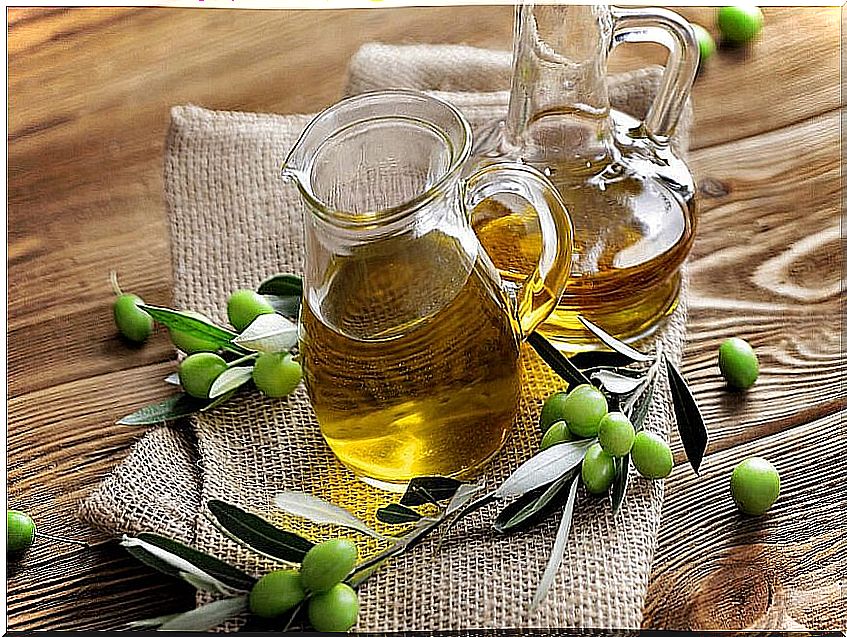
Essential in the Mediterranean diet, olive oil is considered the healthiest for cooking all kinds of food. It is composed of monounsaturated and polyunsaturated fatty acids that could be very beneficial for important functions of the body such as metabolism and circulation.
It has omega 9 fatty acids, specifically oleic acid, which does not interfere with the metabolism of omega 3 as does the omega 6 contained in sunflower oil. It is generally advisable to choose the one that is 100% extra virgin, since it has not been subjected to refinements and preserves all its properties to the maximum.
When it comes to cooking it can be used at medium and high temperatures. Although refining is preferred at high temperatures, since it supports them better. Its mild flavor goes very well in almost all types of dishes, although some believe that it could be too strong for making sweets.
What other oils are healthy types?
For those looking for other alternatives to olive oil, either by price or by flavor, there are other healthy ones that can be perfect for all types of diets. These oils include:
- Coconut.
- Flax.
- Sesame.
- Peanut.
- Grape seeds.
What are the oils to avoid?
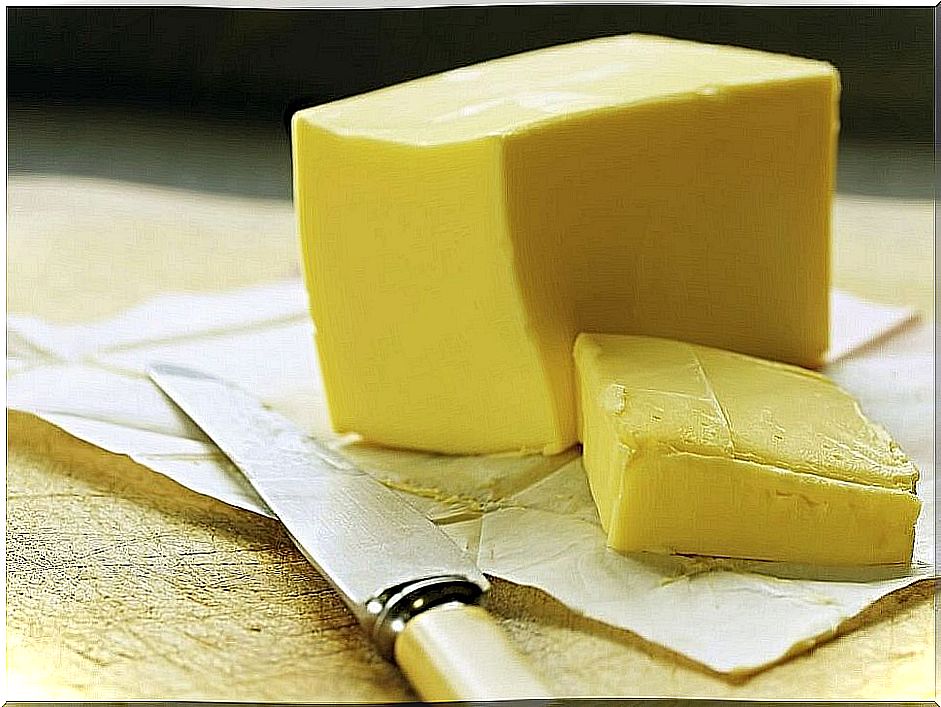
Although their prices are very attractive, it is better to avoid oils that contain high levels of trans fat. This includes those fatty cooking products that contain hydrogenated lipids, such as margarines. Not only are they richer in calories but when heated they present a change in their molecular structure resulting very harmful to health.
Industrial seed oils are also not recommended due to their extraction process, the use of solvents in the process, and their oxidative potential. They also have a very high content of omega 6 in relation to omega 3, which becomes a problem when the fat is oxidized.
In addition, several studies have proven that they are pro-inflammatory. These include soybean, sunflower, corn, or rapeseed oil.
Saturated fats
Saturated fats are those that have double bonds in their chemical structure and solidify at room temperature. Despite the bad reputation and controversy behind saturated fats, recent studies have reopened the debate and suggest that saturated fats do not increase the risk of cardiovascular disease.
Among the saturated oils we find: palm oil, butter or lard.
To keep in mind
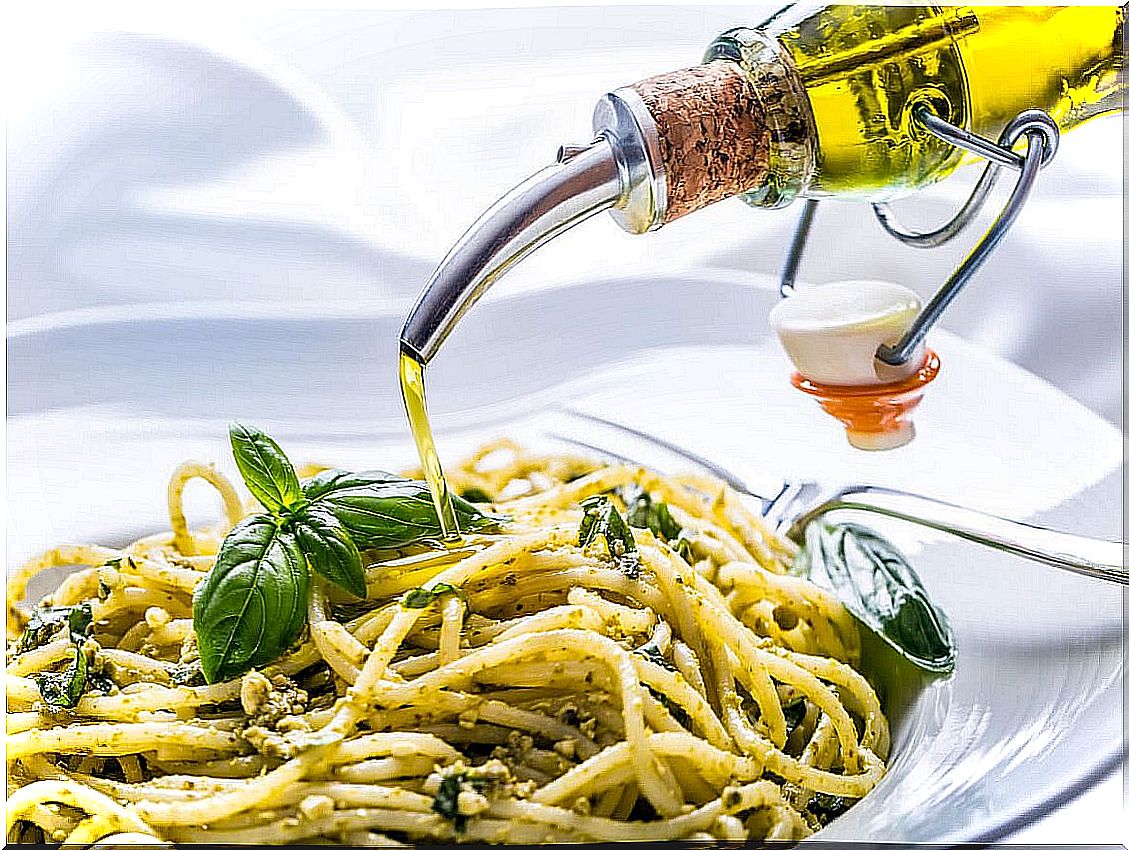
Being aware that not all oils are good for your health, as consumers it is essential to start taking quality more into account than price. Although some oils help save a significant amount of money, before you buy it is good to think about whether it is worth risking your health.
It is true that they immediately seem to do no harm to the body; However, the dangers begin to be noticed with the passing of the years and the deterioration of health.
